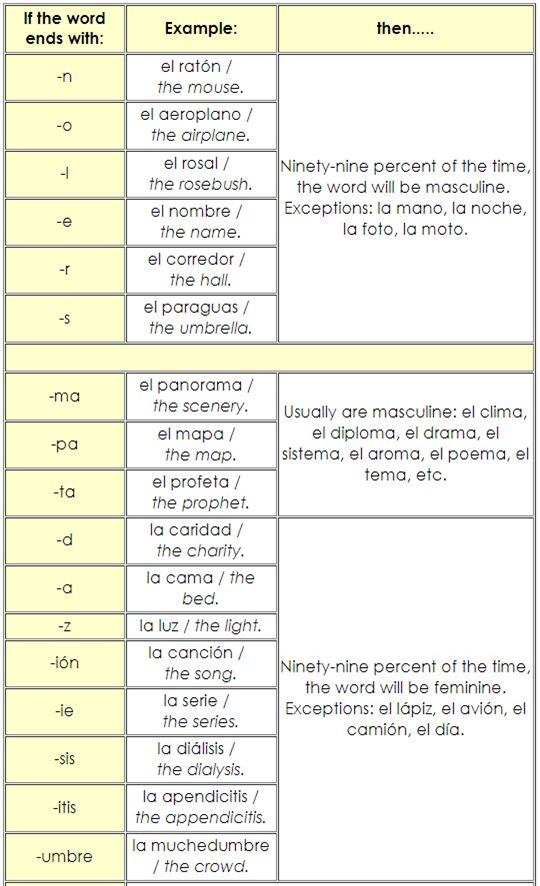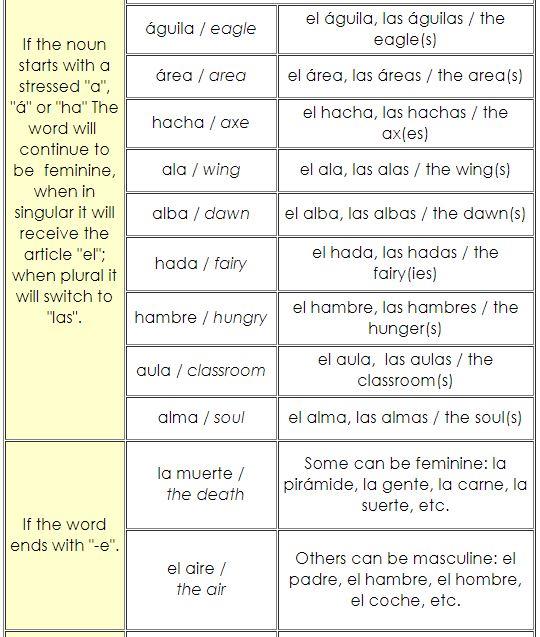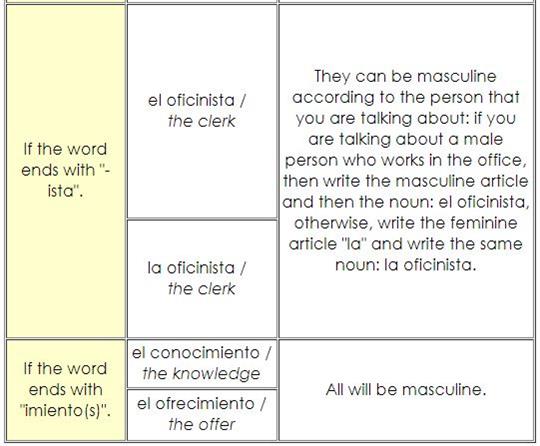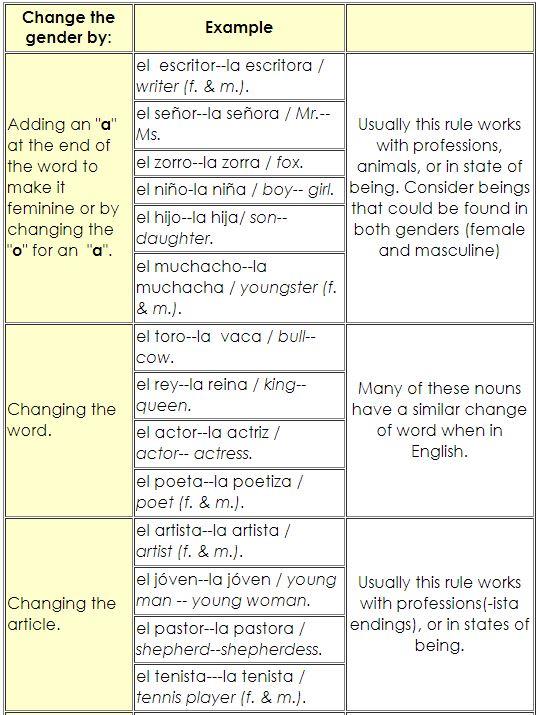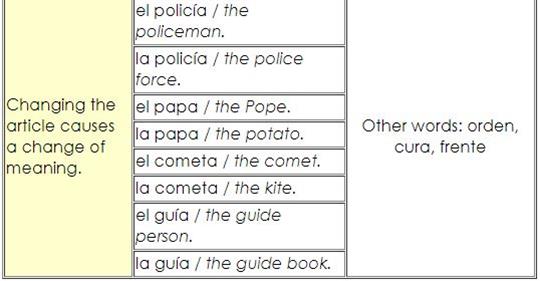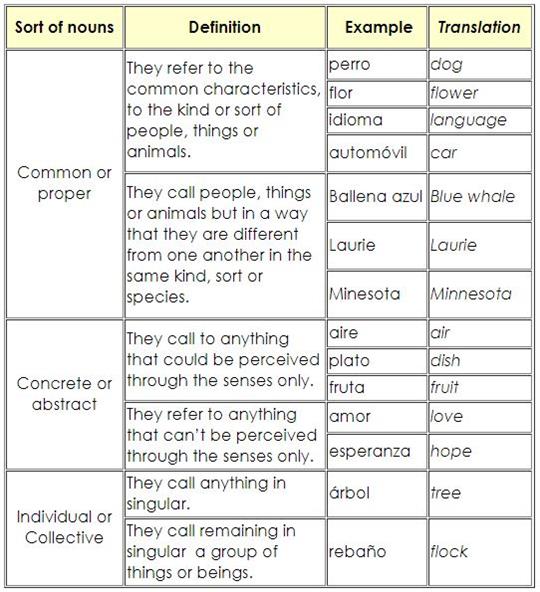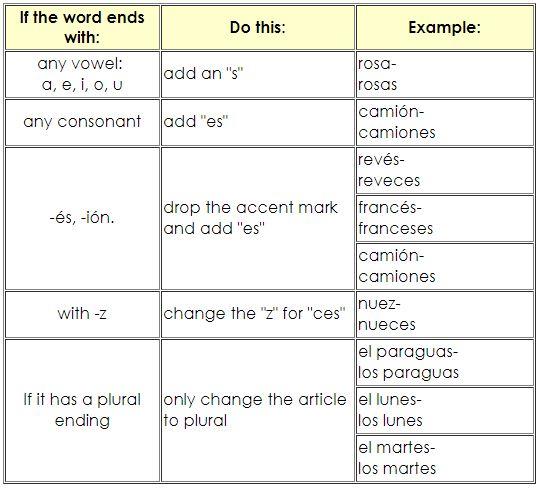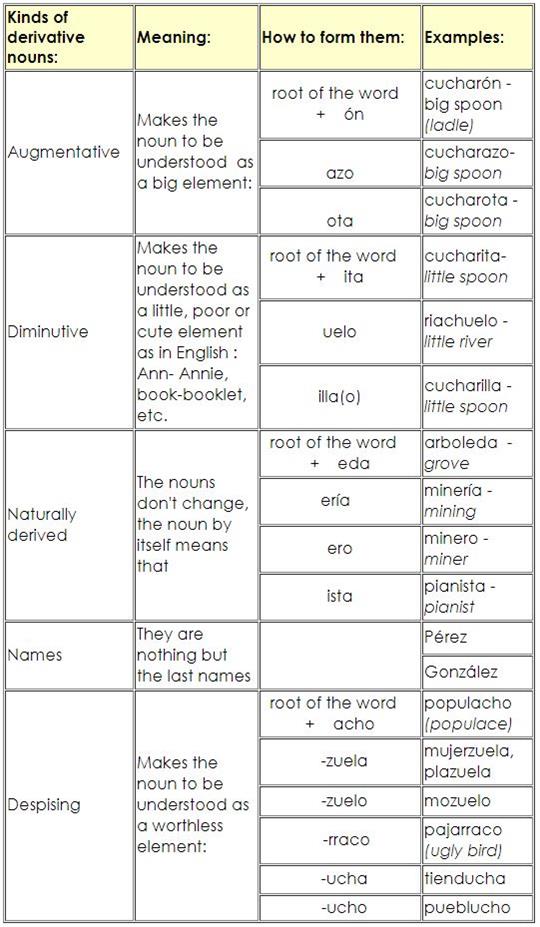The noun is the name of anything that refers to people (Elena), things (la casa / the house), animals (el perro / the dog) and sometimes to qualities (nobleza / noble) and immaterial things perceived only through the senses (esperanza / hope).
The Noun function
The noun functions are:
a) Nucleus of the sentence:
La casa es de color amarilla / The house is yellow.
b) Nucleus of appositives:
Mi país preferido, México, tiene 32 Estados / My preferred country, México, has 32 States.
c) Direct object (DO) :
Comí arroz en Navidad / I ate rice on Christmas day.
It can also do the work that could be done through other words:
a) They can work as nucleus of predicates without a verb:
Casa vieja, problema seguro / Old house, sure problem.
b) Nucleus of the sentence that describes the way of being or quality of the subject:
Newton es el científico que descubrió la ley de la gravedad / Newton is the scientist who discovered law of gravity.
c) Nucleus of the circumstantial object (CO):
Alimenté al pájaro el martes / I fed the bird last Tuesday.
Articles and Nouns
Nouns usually require either a definite article or an indefinite article (el, la, los, las & lo or un, una, unos, unas) before them:
Examples:
La casa / the house
Una casa / a house
(In this example, casa is the noun and la is the definite article or where casa is the noun and una is the indefinite article).
el -- un masc. sing.
la -- una fem. sing.
los -- unos masc. plural
las -- unas fem. plural
lo -- un neuter (usually singular)
Noun gender
All the nouns have a gender (masculine, feminine or neutral). There are some nouns that have an ambiguous gender (el mar, la mar), others can have both genders but will suffer a change of meaning between one and the other (el cura (meaning the priest) - la cura (meaning the cure)).
There are nouns that do not change gender (la serpiente hembra o macho,- meaning the female or male serpent) and the nouns where the article makes the difference of the gender (la jóven or el jóven).
The gender of a noun can be known using the following conditions:
*This condition works with singular words only.
Some nouns can change gender:
Gender and Quantity
They all have the quantity denoted (singular or plural).
Example:
La casa / the house (singular)
Las casas / the houses (plural)
Pluralizing Nouns
Almost any noun and adjective can be pluralized.
To transform a singular noun or adjective into plural consider the next 3 options:
Noun Possessive Form
The possessive form of a noun such as "Nancy’s house.." doesn’t exist in Spanish, so the way to express the possessive is:
"The house of Nancy..." (la casa de Nancy..)
To pluralize, just pluralize the possessed noun:
"Las casas de Nancy..."
Derived Nouns
The derived nouns can be formed and come from a primitive or root word:
*It is important to mention that some of these derivatives are hard to find in regular dictionaries because of their uncommon usage.
